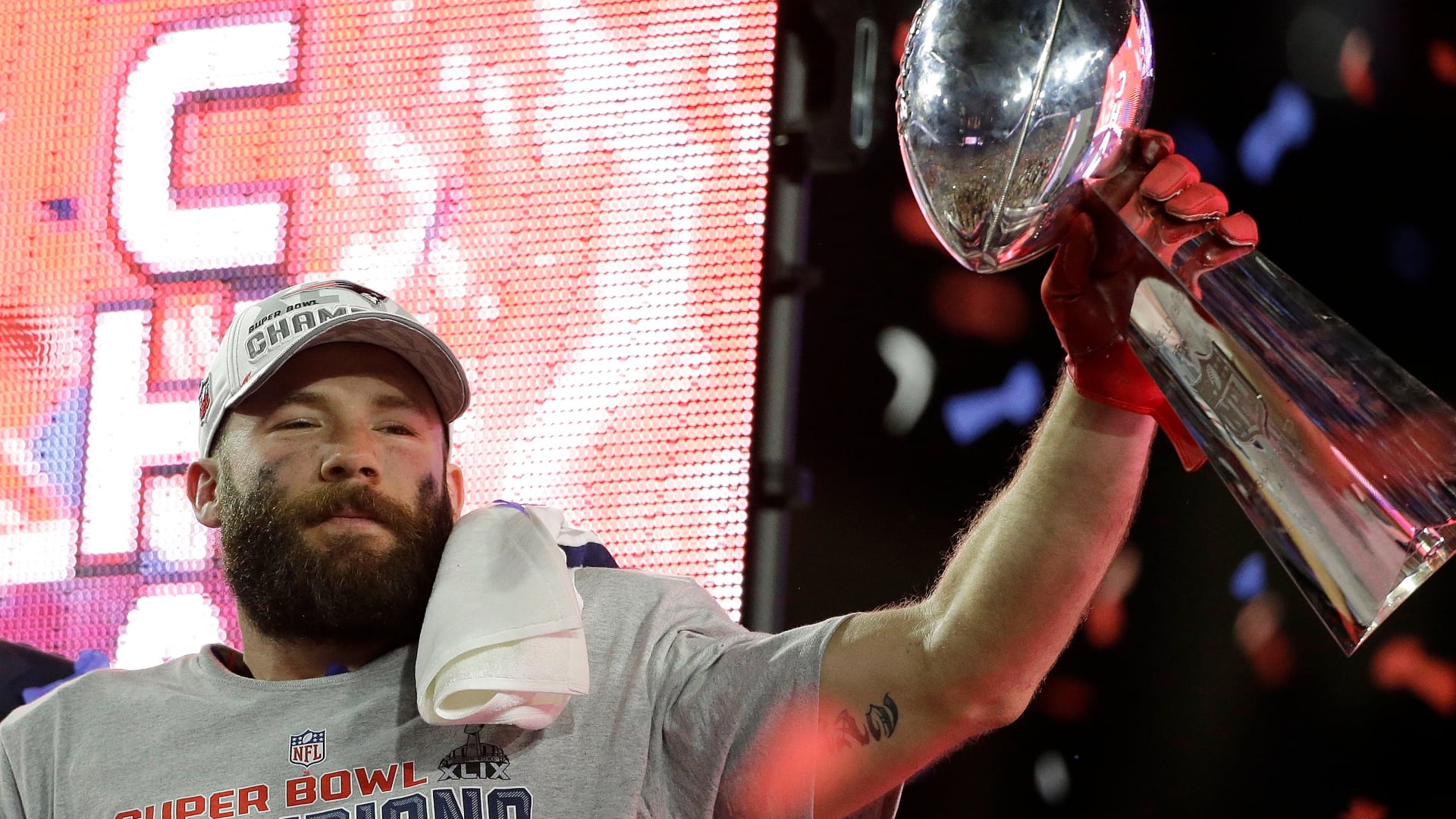By Dee-Ann Durbin
Starbucks had a strong holiday season in the U.S., but those results were offset by higher labor and commodity costs and weaker sales in China.
In response, Starbucks lowered its earnings outlook for the 2022 fiscal year, which ends in September. The company said it expects earnings per share to decline by 4% to 6% for the year, a wider range than the 4% decline it previously forecast. It expects adjusted earnings growth of 8% to 10%, down from its previous forecast of at least 10%
Starbucks said it is cutting back on marketing and promotions to help offset its rising costs.
U.S. same-store sales, or sales at stores open at least a year, were up 18% over the October-December period a year ago. The Seattle-based coffee giant said more U.S. customers were visiting at all times of the day and spending more per visit, especially on breakfast and baked goods.
Starbucks raised prices twice — in October and December — to account for higher commodity, transportation and labor costs, but it didn't dampen U.S. customer enthusiasm. More price increases are planned for this year, the company said.
“There is a pent-up demand for Starbucks and for people wanting and longing to return to their normal routines,” Starbucks President and CEO Kevin Johnson said Tuesday during a conference call with investors.
The omicron variant did start to cut into U.S. sales — and limit store hours as more employees called in sick — toward the end of the fiscal first quarter, the company said. Omicron-related staffing shortages at Starbucks' suppliers forced the company to spend more on alternative shipment methods.
COVID also had a significant impact in China, where same-store sales in China fell 14%. Starbucks said 75% of stores in China were closed or had limited hours at the end of December.
Starbucks’ revenue rose 19% to $8.1 billion in its fiscal first quarter. That was ahead of Wall Street’s forecast for revenue of $7.89 billion, according to analysts polled by FactSet. Overall same-store sales growth of 13% was in line with expectations.
But Starbucks fell short of earnings forecasts, and said inflation, continuing pandemic-related costs and rising labor costs were a contributor.
Johnson said Starbucks hired more workers than anticipated during the quarter, which led to higher training costs. Johnson said attracting and retaining workers continues to be a challenge for Starbucks as well as other retailers.
In October, the company said it was raising workers' pay to help ensure a steady workforce. Johnson said Tuesday that $1 billion investment is going forward, and is critical to Starbucks' success. The company said all of its U.S. workers will earn at least $15 — and up to $23 — per hour by this summer. Workers can also get a $200 recruitment bonus to help attract new employees.
But the announcement didn't pacify some workers, who are calling for more say in the way the company's stores are run. Two Starbucks stores in Buffalo, New York, recently became the first Starbucks stores to unionize in decades, setting off a wave of union activity at other stores across the country. As of this week, 54 stores in 19 states have filed for union elections, according to Workers United, the union organizing the effort.
Johnson didn't address the unionization effort Tuesday.
The company reported adjusted earnings of 72 cents per share, lower than the 80 cents analysts were forecasting.
Starbucks shares were down 1% in after-hours trading.












